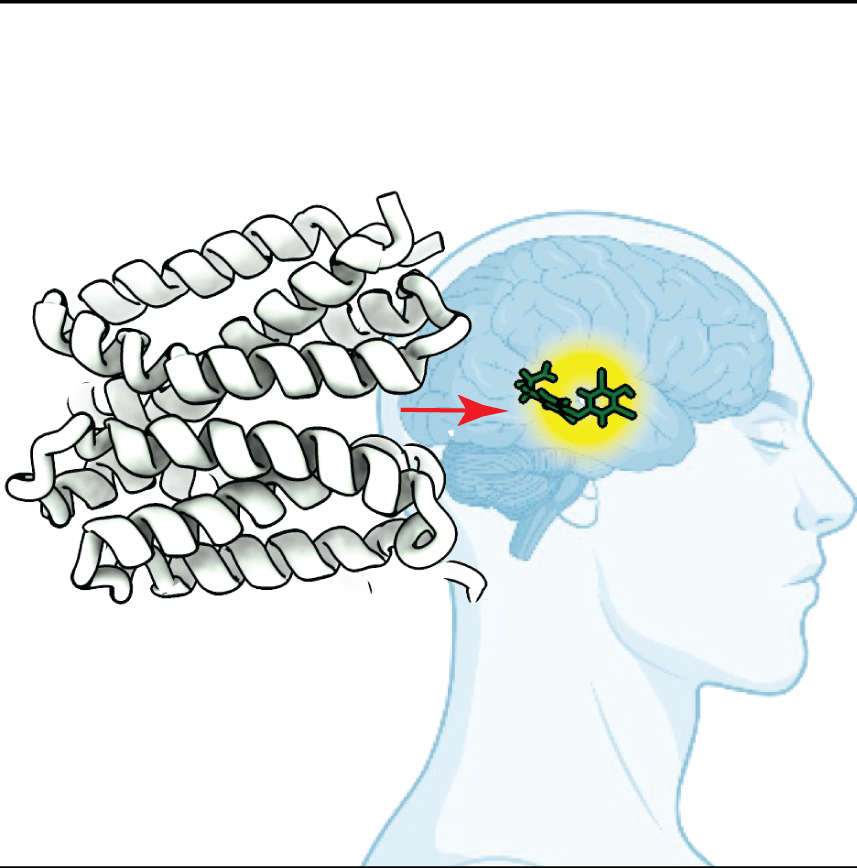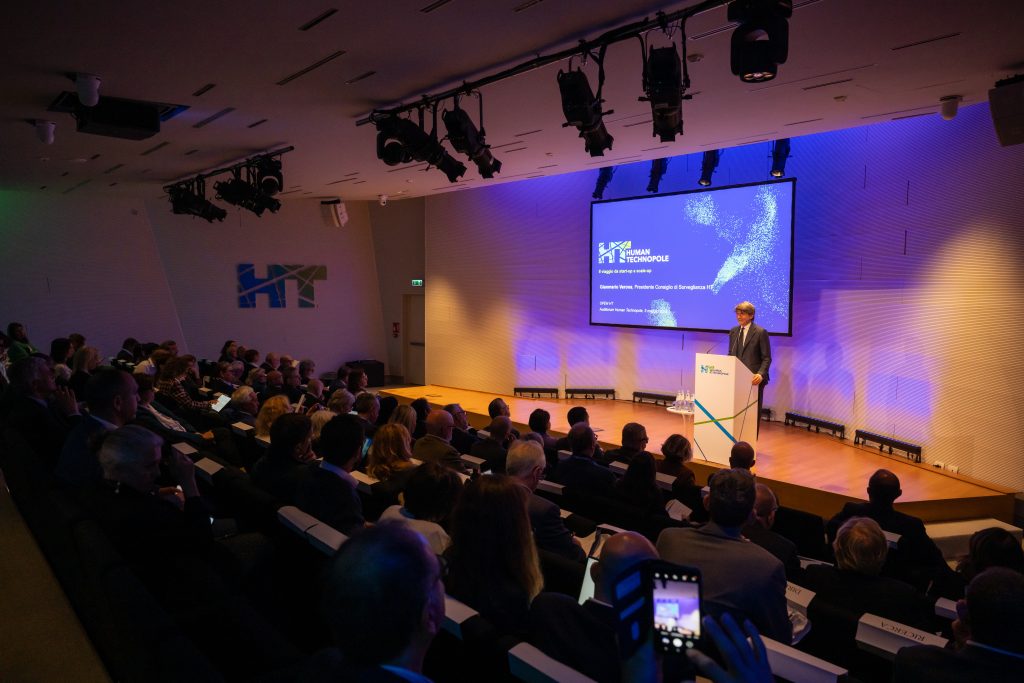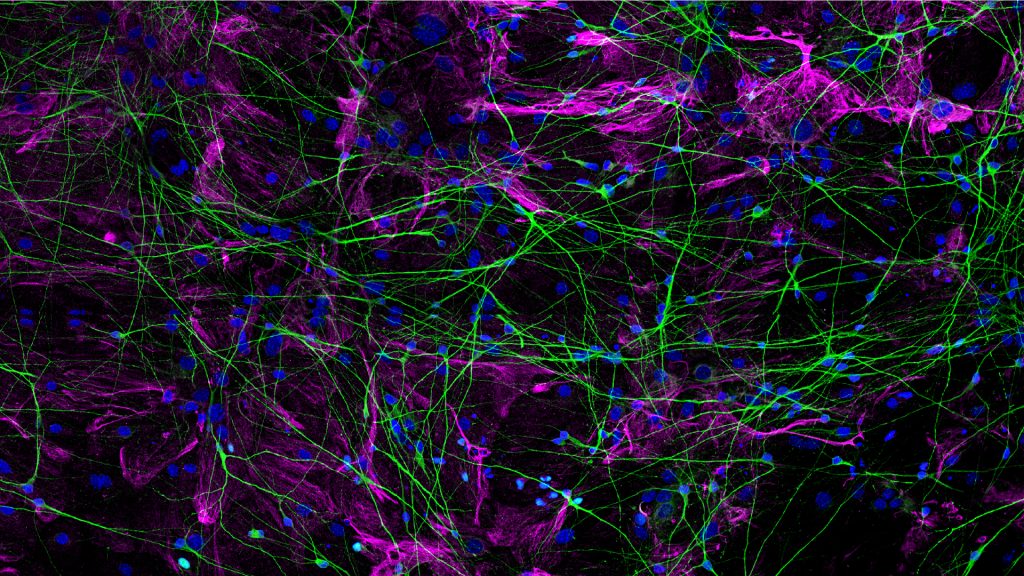Ageing and Chronic Diseases: Europe Rewards Human Technopole’s Research

The European Research Council (ERC), one of the most prestigious public agencies supporting scientific research in Europe, has awarded Human Technopole a €2.5 million grant for a study investigating how lifestyle, biology and environmental exposures weaken the immune system over the course of life and increase vulnerability to disease in old age. This new knowledge will help develop models to predict long-term disease risk.
How does ageing affect the immune system, weaken it, and pave the way for diseases, including serious ones? This is the central question of the research project led by Nicole Soranzo, Head of Genomics – Population and Medical Genomics Programme at Human Technopole. Her proposal has been awarded an ERC Advanced Grant, one of Europe’s most prestigious research funding schemes supporting established researchers leading ambitious projects.
The ERC grant totals €2.5 million over a five-year period. The project, named “IMPACT”, will investigate how lifestyle, biology and environmental exposures contribute to the progressive decline of immune system function throughout human life and, consequently, to increased disease risk with ageing.
Although immune mechanisms have been studied in great molecular detail, a comprehensive understanding of how these factors influence chronic diseases and ageing at population level is still lacking.
Using cutting-edge statistical models, artificial intelligence, and machine learning, researchers will analyse changes in immune cells in thousands of individuals and compare these with biomedical data. The goal is to understand how these cells behave in healthy people ageing normally and whether there are recurring features in individuals with chronic illnesses. Ultimately, the project aims to identify markers of normal ageing, various diseases, and environmental exposures that influence health status.
Based on this knowledge, models will be developed to predict long-term disease risk.
Nicole Soranzo, Director of Genomics – Population and Medical Genomics Programme at Human Technopole, states: “The increase in human life expectancy, and the overlap of multiple conditions in older patients due to their longevity, require new models to accelerate early diagnosis, prognosis, and treatment of chronic diseases. We hypothesise that key insights into the immune nature of late-onset diseases will come from analysing immune cells in relation to real patient health data. We also believe it will be possible to identify types and conditions of immune cells that can serve as markers for identifying the specific subtype of a disease a patient is affected by, and, for immune-related conditions, the role played by age, comorbidities, and long-term environmental exposure.”
Marino Zerial, Director of Human Technopole, adds: “The ERC Advanced Grant awarded to Nicole Soranzo is a major recognition of the expertise of one of the most accomplished researchers in medical genetics and of the innovative nature of the project. The goal is to link detailed molecular knowledge of disease processes with biomedical data from real patients. To achieve this, her research will leverage a multidisciplinary approach, involving experts across multiple fields, including Human Technopole’s National Facilities – from single-cell omics and computational biology to big data analysis – and will benefit from the strong international networks that are a hallmark of Human Technopole’s work.”
THE DATA ANALYSED BY IMPACT
The project will carry out large-scale analyses of publicly available samples and data from two of the largest international population studies in the world: UK Biobank and East London Genes and Health. It will also develop computational and laboratory analyses to extend the molecular characterisation of these individuals. These datasets include individuals from diverse populations, aiming to increase representation in genetic studies.
National healthcare systems are crucial for this kind of research, as they are uniquely positioned to provide clinically relevant insights at a national scale, based on health data collected through routine care. The growing availability of large-scale health data now makes it possible to systematically assess the impact of novel risk factors and underlying conditions on disease development and progression. These studies also offer information on intermediate molecular states that appear in cells during the transition from disease predisposition to actual manifestation.
Integrating detailed knowledge of disease-related dysregulation with diagnoses of chronic diseases based on real-world biomedical data remains a key challenge in using this knowledge to improve disease diagnosis, prevention and treatment.
AGEING AND CHRONIC CONDITIONS IN THE ITALIAN POPULATION
According to the 2025 Istat Annual Report, life expectancy in Italy stands at 83.4 years, an increase of nearly five months compared to the previous year. However, healthy life expectancy has declined, now at 59.8 years for men and 56.6 years for women – a drop of 1.3 years compared to the previous year.
In 2023, 23.6% of the population aged 15 and over was affected by multimorbidity, defined as the presence of three or more chronic conditions. The age-related distribution increases significantly after age 40 for women and after 45 for men, peaking at 67.9% among people aged 80 and over (58.8% for men and 73.8% for women).




